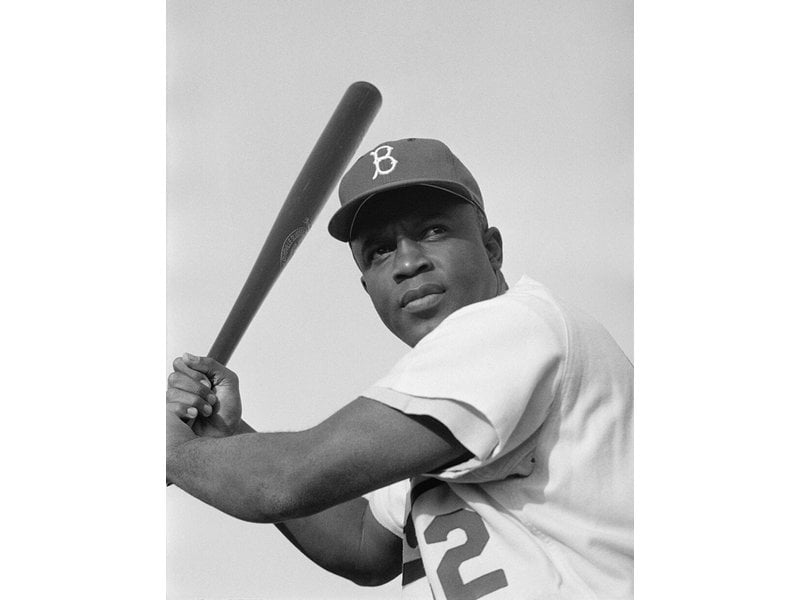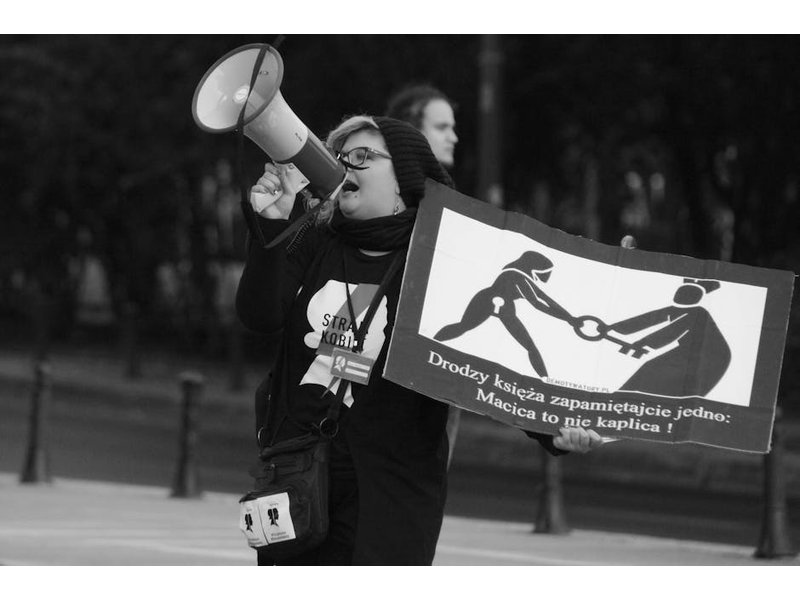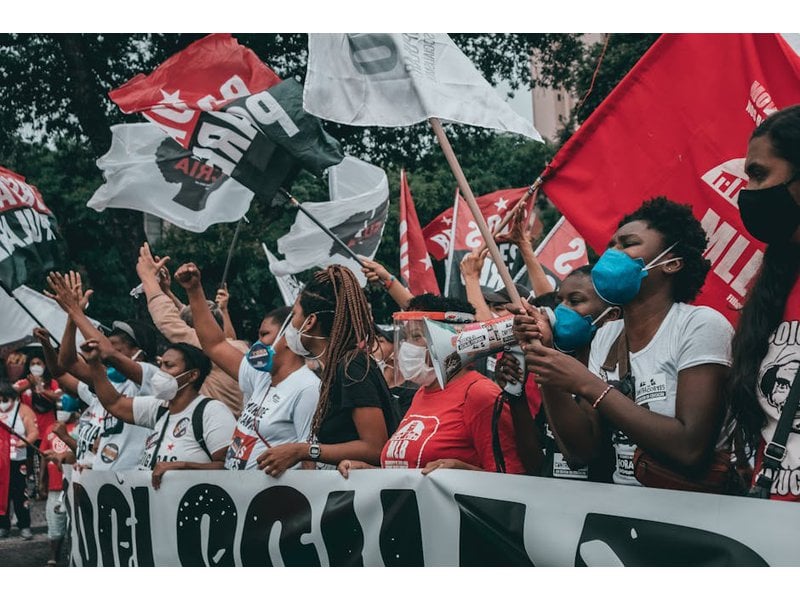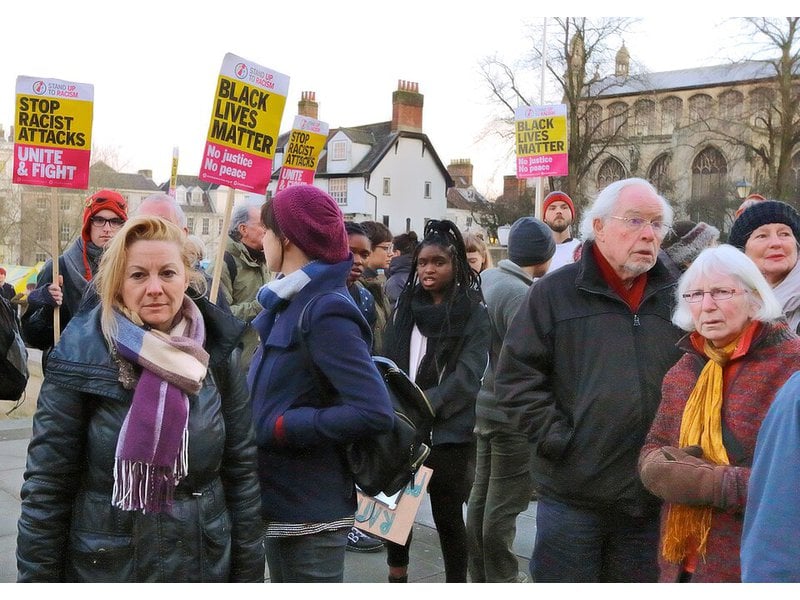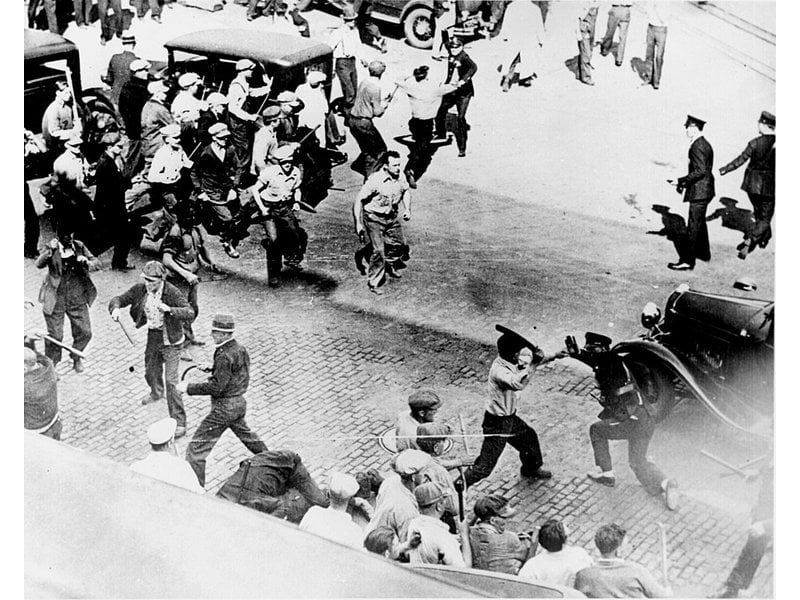170 nonviolent invasion
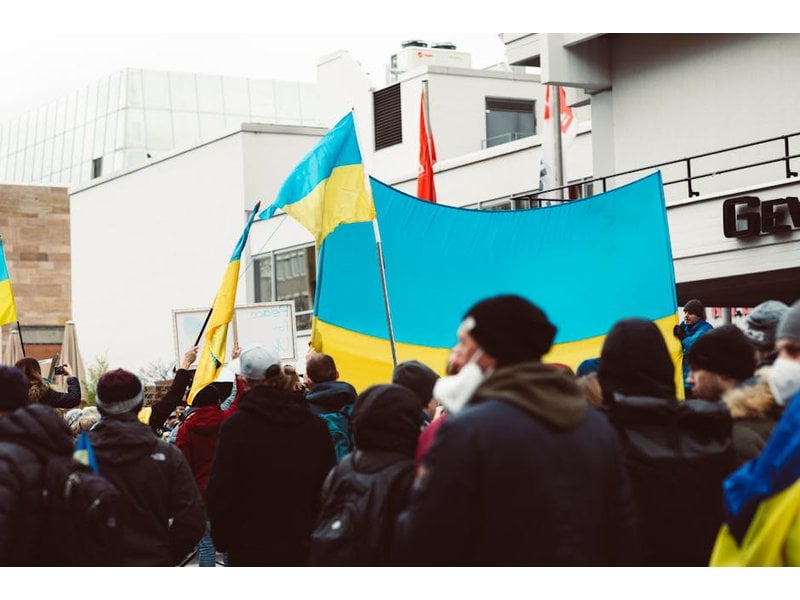
"In nonviolent invasion a group of nonviolent volunteers deliberately and openly enter a forbidden area in order to demonstrate their refusal to recognize the right of the controlling regime or agency to exercise sovereignty or control over that area or to use it for a particular purpose. This method entails civil disobedience and the risk of severe repression. The mass nonviolent invasion of Goa in 1955 to defy the right of Portugal to exercise sovereignty over that part of India is perhaps a classic example of nonviolent invasion.96"...
Potentially awesome partners
High scoring campaigns using this method
Historical cases from the Nonviolent Action Database that used this method
Incarcerated people and allies rally to turn on heat and power in NYC federal jail, 2019
On 5 January 2019, Metropolitan Detention Center Brooklyn (MDC Brooklyn), a federal jail in Brooklyn, New York that housed 1,500 incarcerated people, lost power for the first time that year for unknown reasons. Three weeks later, an electrical fire c...
Bulgarians force further democratic reforms, 1997
In 1989, Bulgaria was part of the "wave" of nonviolent revolts against domination by the Soviet Union and its Communist-led governments in Eastern Europe (see Bulgarians campaign for democratic reforms and multi-party rule, 1989-90).\n\nNormal.dotm 0...
Cambodians win release of prisoners taken during nonviolent invasion to defend neighborhood, 2012
Phnom Penh, Cambodia, is situated on the confluence of four rivers: the Upper and Lower Mekong rivers, the Bassac River and the Tonle Sap river. The surrounding area is flat and low-lying, subject to annual flooding. Natural lakes formed as the river...
Sarayaku people successfully defend their land against oil extraction, Ecuador, 1996-2012
On 6 August 1996, Argentinean General Fuel Company, also known as Compañía General de Combustibles (CGC), signed a contract with the Ministry of Energy and Mines in Ecuador without consultation of Kichwa natives of Sarayaku. The contract allowed CGC ...
English residents and environmentalists prevent Heathrow Airport expansion, 2002 – 2010
The London Heathrow Airport was of the busiest airports in the world when the English government began to contemplate expansion in 2002. Considered to be one of the premier airports in the world, the English government wanted to preserve the airport’...
Milanese Catholics and Bishop Ambrose defend their Basilica, 385-386 CE
Early Christendom was rife with sectarian conflicts between competing theologians and their interpretations of the life of Jesus. One of these conflicts was between mainstream (Nicene) Catholicism, which emphasized the Holy Trinity, and Arianism, whi...
Germans reclaim Heligoland from the United Kingdom, 1951
Heligoland (also spelled Helgoland) is an archipelago 46 kilometers off the German coastline in the North Sea. The two small islands are less than 2 square kilometers in total, but the British, Danish and Germans have hotly contested the land over th...
The Green Belt Movement defends the Karura Forest in Nairobi, Kenya, 1998-1999
The Karura forest is an urban 2500 acre forest in Nairobi. The Kenyan government had a common practice of land grabbing or secretly selling public lands to private companies and political allies. Wangari Maathai, who later was awarded the Nobel Peace...
Kuwaiti women struggle for suffrage (Blue Revolution), 2002–2005
The country of Kuwait acquired independence from the United Kingdom in 1961. With the country feeling a sense of liberation, the women in particular seized the moment to seek further liberation. As an act of defiance, many women burned their robes. I...
Kazakhs stop nuclear testing (Nevada-Semipalatinsk Antinuclear Campaign), 1989-1991
Beginning on August 29, 1949, Soviet officials conducted aboveground nuclear tests at the Semipalatinsk facility in Kazakhstan. More than one million people resided in villages in the Semipalatinsk oblast. In the next oblast, Karaganda, there were tw...
Low scoring campaigns using this method
Historical cases from the Nonviolent Action Database that used this method
Hong Kong citizens demand democratic safeguards for upcoming election (Umbrella Movement), 2014
Hong Kong, a special administrative region of China, has spent the last several centuries under the control of alternating powers. In 1942, Britain began its occupation of Hong Kong, following the First Opium War and the Treaty of Nanking. Japan occu...
Anti-Roads campaign fights highway construction in England, 1991-1995
Twyford Down, a small area in southern England, was the site of the Department of Transport's (DoT) plans to extend the M3 highway from London to Southampton Port in 1990. The DoT had used economic analysis to determine that the time saved from this ...
Icelanders protest Karahnjukar Hydropower Project, 2000-2006
In December of 2001, Iceland's Minister for the Environment Siv Fridleifsdottir overturned Iceland's National Planning Agency (NPA) decision to reject the Karahnjukar Hydropower Project on the grounds of major negative environmental impacts. The proj...
Maori resistance to British land seizure at Parihaka, New Zealand, 1879-81
The Taranaki region of present day New Zealand spreads from the central plateau of the North Island to the western coast. The Maori people, indigenous to the region, once inhabited it and the surrounding areas. By 1860, New Zealand had been a colony ...
Mexican students protest for greater democracy, 1968
In July of 1968, as the student-led uprising of May and June in France was fading away, a new one was just beginning in Mexico City. Students inspired by the success of the movement in France saw their own opportunity to bring more open democracy to ...
Scots and peace activists protest US Navy Base at Holy Loch, Scotland, 1960-61
In November of 1960, the United States and British governments reached an agreement on the use of the Holy Loch in the Firth of Clyde, Scotland as an overseas base for the US Navy. The governments believed the U.S. military required an overseas nucle...
